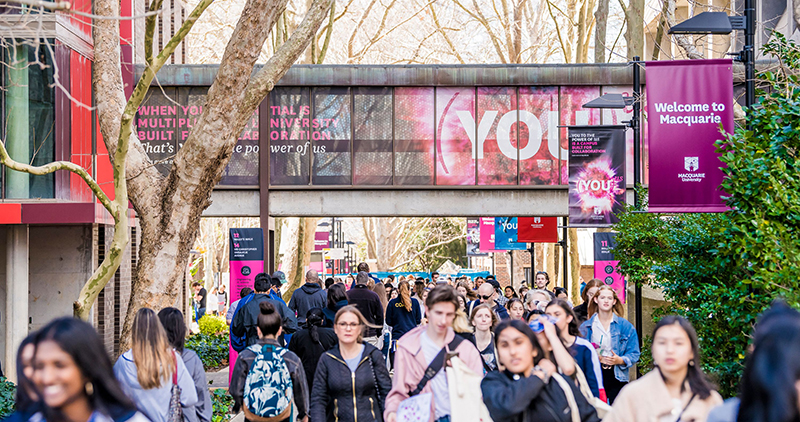With the Black Lives Matter movement currently shining a spotlight on the impacts of inequality and the unacceptability of racism, more and more individuals and organisations are taking stock of how they should respond to racist behaviour.
“Despite what we may think, racism is complex and often subtle,” says Dr Albert Atkin, who conducts research into race and racism.
“Obviously we want to tackle explicit verbal and physical abuse, but research shows that most racism is implicit, unintended, or arises from the way our society is organised. Indeed, implicit and structural racism are often the most damaging and insidious.
“We know, for instance, that people from racialised groups are less likely to receive positive feedback from managers, face greater obstacles to success, and are often held to higher standards than their white counterparts. Many of the most troubling cases go unnoticed by people in positions of privilege, such as the increased likelihood of racial minorities being interrupted in meetings, or not receiving acknowledgement for their work. Even things which may not appear to be negative, such as being complemented on how well you speak or write English, contribute to racism.
“Regardless of whether the racism people face is explicit, implicit, or even structural, the negative impacts are destructive – increased stress and anxiety, decreased wellbeing, imposter syndrome, increased staff turnover, and student attrition, just to name a few.
“If we’re serious about tackling racism, our community must commit to challenging it in all its forms, and we must respond seriously wherever we see racism in action.”
As part of Macquarie’s efforts to foster an inclusive campus environment, the University this month launched the Your racism response guide for students and Responding to racism, racial bias or discrimination for staff. These resources outline:
- How to take action if you witness racism or discrimination
- What to do if you experience racism on or off campus
- How you can support a colleague or student if they have experienced racism
“We all have a responsibility to listen, to reflect, and to play our part in building an inclusive and welcoming environment for staff and students,” says Nicole Gower, Vice President, People and Services.
“I urge every member of our community to use the resources and information provided here to take steps to learn more and take action to bring about change”.


 Back to homepage
Back to homepage
One of the problems of dealing with racism is a lack of knowledge about its nature and pervasiveness on campus. So far as I know there has been no universe-wide survey of either the incidence of racism in all its forms, or the experience of racism, among our student body. As a universdity, we should be doing more in the area of obtaining factual information as a basis for focused remedial action. Having been part of two national surveys oif racsm and experience of racism in the community generally, in 2000-2006 and 2015-16, it is apparent that attitudes are changing. Especially, racist attitudes are now much more pervasive than a decade and a half ago, while contact or lack of contact with people from different cultural backgrounds, including our Indigenous people, makes little or no difference to this. My research with my colleagues sees the popular media (print, electronic and especially our ‘shock jocks’) and public discourse (from our political leaders at local, state and federal level) as among primary driver of this situation (reported in latest issue of Australian Jornal of Social Issues DoI 10.1002/ags4.112). Of course, children learn to have-a-go at others as part of the processs of differentiating themselves, of onupmanship. Far worse, however, is the way we allow ourselves to be taight to hate by our ‘elders and betters’ who are community leaders in name only..